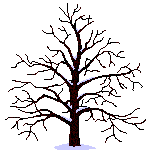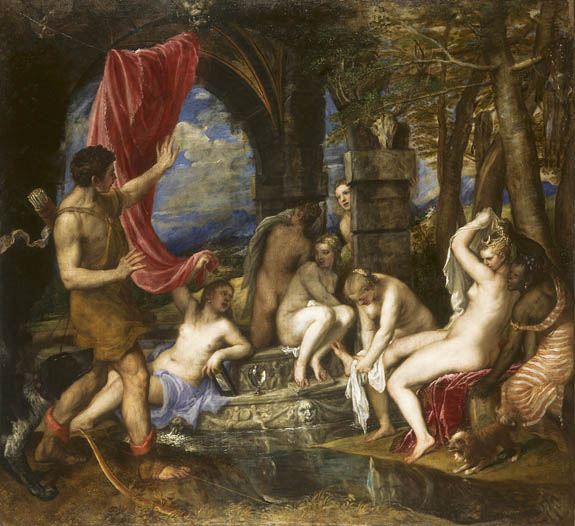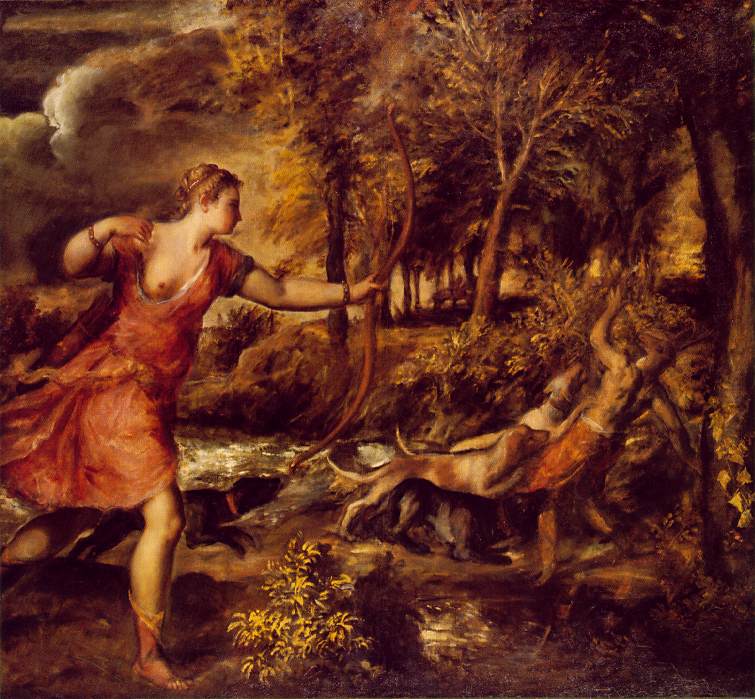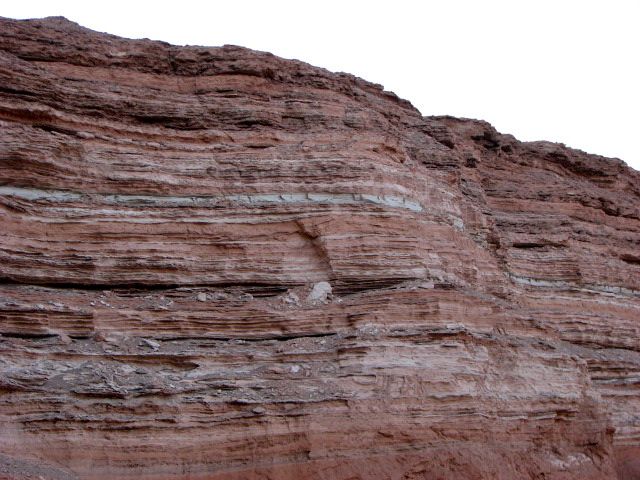Joyce Carol Oates
"I am concerned with only one thing, the moral and social conditions of my generation."
Interview with the Chicago Tribune, book world editor.
![]()
Opening | Text | Interpretation | Word use | Organizing our approach | Her view | Her question | Argument | Structure | Use of other authors
"She excites an expectation that she cannot satisfy."
Henry David Thoreau, 1854
"It eludes us even as it prepares to swallow us up, books and all."
line 10
See http://2010yeagleyenglish.pbworks.com/f/Against Nature by Oates019.pdf
![]()
Title | her point | discovering motives | basic format | uses of evidence | authority | structure | means | argument
![]()
In Against Nature, author Joyce Carol Oates takes us on an inward journey to encounter the exterior quality of all our lives and as she moves us through the grotesque and smarmy[1] imagery of nature writing –even in references to excellent literature [2] – to challenge our prejudices.
“Nothing is accidental in the universe -- this is one of my Laws of Physics -- except the entire universe itself, which is Pure Accident, pure divinity.”
Joyce Carol Oates

J. M. W. Turner's
"Frosty Morning," oil on canvass, 1813.
[3]
She allows us to take nothing for granted, as she examines our biases so that we are stripped of any reasonable emotional defense when she turns the argument upside down; leaving us with little in the way to rationally challenge her conclusion.
lines 33-34, ¶ 22- p. 843.
![]()
Title | her point | discovering motives | basic format | uses of evidence | authority | structure | means | argument | source
Discovering the complexity of motive when writing:
"The subject is there only by the grace of the author's language,"
Oates, Against Nature; Anthology. page 843, line 31-32.
If that is true, then the structure of the essay reveals a deliberate attempt to frame and then reveal in the frames a set of opposites, though starting in a deeply personal and ending an a personal manner of expressing a complex story.
What
She suggests eight to ten absent characteristics we all overlook due to our prejudices when considering "nature" and nature writing in a double format.
A POEM & AN ESSAY
The Writer’s resistance to Nature.
BY JOYCE CAROL OATESIt has no sense of humor: in its beauty, as its ugliness, or its neutrality, there is no
laughter.
It lacks a moral purpose.
It lacks a satiric dimension, registers no irony.
Its pleasures lack resonance, being accidental; its horrors, even when premeditated, are
equally perfunctory, “red in tooth and claw,” et cetera.
It lacks a symbolic subtext- excepting that provided by man.
It has no (verbal) language.
It has no interest in ours.
It inspires a painfully limited set of responses in “nature writers”- REVERENCE, AWE,
PIETY, MYSTICAL ONENESS.
Her essay
"It eludes us even as it prepares to swallow us up [3], books and all.
I was lying on my back in the dirt gravel of the towpath beside the Delaware and Raritan Canal, Titusville, New Jersey, staring up at the sky and trying, with no success, to overcome a sudden attack of tachycardia that had come upon me out of nowhere- such attacks are always “out of nowhere,” that’s their charm – and all around me Nature thrummed with life, the air smelling of moisture and sunlight, the canal reflecting the sky, red-winged blackbirds testing their spring calls; the usual. I’d become the jar in Tennessee,b a fictitious center, or parenthesis, aware beyond my erratic heartbeat of the numberless heartbeats of the earth, its pulsing, pumping life, sheer life, incalculable.
Struck down in the midst of motion –I’d been jogging a minute before– I was “out of time” like a fallen, stunned boxer, privileged (in an abstract manner of speaking) to be an involuntary witness to the random, wayward, nameless motion on all sides of me. Paroxysmal tachycardia can be fatal, but rarely; if the heartbeat accelerates to 250-270 beats a minute you’re in trouble, but the average attack is about 100-150 beats and mine seemed about average; the trick now was who prevent it from getting worse. Brainy people try brainy strategies, such as thinking calming thoughts, pseudo-mystic thoughts, If I die now it’s a good death, that sort of thing, if I die this is a good place and good time; the idea is to deceive the frenzied heartbeat that, really, you don’t care: you hadn't any other plans for the afternoon. The important thing with tachycardia is to prevent panic! you must prevent panic! otherwise you'll have to be taken by ambulance to the closest emergency room, which is not so very nice a way to spend the afternoon, really. So I contemplated the blue sky overhead. The earth beneath my head Nature surrounding me on all sides; I couldn't quite see it, but I could hear it, smell it, sense it, there is something there, no mistake about it."
Do continue to the entire essay.
Title | her point | discovering motives | basic format | uses of evidence | authority | structure | means | argument | source
"all around me nature thrummed a with life..."
When
She experienced an attack of Paroxysmal tachycardia.
Where
Along the Delaware and Raritan Canal, amidst a restored section of a "nature path," for joggers.
In an almost conversational style to begin the essay she then turns her prose into analyzing other writers and turns into being a literary analyst, an observer, and eventually a poet.
"The earth seems to shift forward as a presence, hard, emphatic, not mere surface but a genuine force."
. . . ."Nothing to be said about it expresses it, nothing touches it, it's an absolute against which nothing human can be measured . . . .Moving through space and time by way of your own volition you inhabit an interior consciousness, a hallucinatory consciousness, it might be said, . . . ."
"The interior is invaded by the exterior."
Paragraph ¶ 23, p. 842.
Tie this to:
"Nature" is not a "single coherent noun"
paragraph ¶ 21
"Nature as the self's flattering mirror"
paragraph ¶ 28
"And it pleases our senses, in any case, as the physicists' chill universe of numbers certainly does not."
line from ¶ 30
Friedrich Wilhelm Nietzsche "We pretend we are more simple-minded than we are.
line from ¶ 35
From William B. Yeats she takes: "No, we cannot escape."line from ¶ 36
Oates creates a paradox out of the alleged inescapable dualism of our human existence:
"My body is a tall column of light & heat 'I' vs. 'it' "
| The dualism | Identity | Conditions of existence |
|---|---|---|
| her terms | 'I' | 'it' |
| synonymous | inside |
outside
|
her phrases
|
nature as experience |
nature-in-itself  |
interpretations
|
"the 'I' is deluded as to its sovereignty" | " . . . as if it were one, not many." |
existential
|
"The 'I' which doesn't exist, is everything." | ". . . a dazzling variety of mouths." |
She quotes Dr. Johnson, "the inexpressible need not be expressed."
See Visual Learning.html - question
![]()
Title | her point | discovering motives | basic format | uses of evidence | authority | structure | means | argument
an inward journey "completely oblivious to [her] the predicament"
to encounter the exterior quality of "one vast democratic grave"
p.59.
all our lives and The color of the sky "a mere optical illusion"
p. 59.
through the grotesque and smarmy
Paragraphs; ¶s, 17-18-19-20, p. 60.
"In this fantastical structure the 'I' is deluded as to its sovereignty."
√ "astonishing secret is that the 'I' doesn't exist – but behaves as if it does, as if it were one, not many."paragraph ¶ 41.
Opening | Text | Interpretation | Word use | Organizing our approach | Her view | Her question | Argument | Structure | Use of authors
"In any case where is nature? one might (skeptically) inquire. Who has looked upon her / its face and survived?"
paragraph ¶, 21.
Actaeon looks upon the goddess Diana is her classical allusion here.
The hunter Actaeon, or so the poet Ovid tells us, accidentally spied the bare Diana (Artemis) while bathing in her sacred grove amongst her nymphs. Diana was the goddess of the hunt, associated with the moon, and the very embodiment of nature. For such an act of unsanctioned voyeurism Actaeon was punished for his intrusion having looked upon "naked nature."
“Now you are free to tell that you have seen me all unrobed—if you can tell.”
(Artemis to Actaeon. Ovid, Metamorphoses 3.192).His punishment involves the hunter Actaeon being transformed (presumably by the goddess Diana in anger) into the hunted stag. Seized upon by his own hunting hounds, Actaeon is devoured by these incensed beasts as the ultimate penalty for having looked upon the disrobed goddess as emblematic of "nature's face."
"Nature is mouths, or maybe a single mouth. Why glamorize it, romanticize it . . . . Nature is more than a mouth–it's a dazzling variety of mouths. And it pleases the senses, in any case, as the physicists' chill universe of numbers certainly does not."
"An event to rethink all the acceptable cliches that reinforce our narrow perspectives."
![]()
Title | her point | discovering motives | basic format | uses of evidence | authority | structure | means | argument
Oates in the essay does the following:
Structure:
- Poem "The writer's resistance to Nature"
- Personal encounter (near death; hence: out of control) {setting}
- A complete brief sketch of the argument: dimensions, illusions, infinity & necessity.
- references to authors:
- Wallace Stevens - metaphor of the Jar
- Emily Dickinson - alludes to the buzzing of a fly
- Henry David Thoreau, "yet another, and ingenious form of storytelling"
- Shakespeare's King Lear
- Robert Frost allusion
- Herman Melville
- Oscar Wilde
- Castigating Thoreau's transcendentalism
- Friedrich Neitszche
- William Butler Yeats' poem
- returns to Wallace Stevens for support "The writer's resistance to Nature"
- "Early Nature memories. . . ." Childhood memories, the grotesque
- "My resistance to Nature writing" -- her personal perspective revealed
- Inference, an attack on Platonism "anything other than . . . is - ness."
- A classical allusion to the story of Diana and Actaeon
- She questions her own expression, at least rhetorically "isn't this all exaggeration?"
- Nature as a layered manuscript
- Using Thoreau's duality of seeing Nature as both experience and over soul
- Melville's "a blankness ten times blank."
- Oscar Wilde is used to reveal her thesis clearly.
- Poem Byzantium, by Yeats
- Her voice in the revelation (hyper-reality) conveys the climax of the piece.
- The personal story (in control) of the ants in search of her poem.
Title | her point | discovering motives | basic format | uses of evidence | authority | structure | means | argument
Oates deliberately uses many other writers to draw on for pushing her argument.
"She is our creation" says Oscar Wilde "It is in our brains that she quickens to life."
p. 62.
The goal is to unmask our pretensions and challenge our biased, hobbling prejudices.
"our fiercely romantic expectations."
p. 62.
"Why glamorize it,
romanticize it..."
She quotes recognized literature whose authors are an easily appreciated literary or critical authority:
"A palimpsest 4 of sorts you choose to read, layer by layer, always with care, always cautiously, in proportion to your psychological strength."
These layers of sedimentary rock are like pages of a book that we can read and the cover page is rewritten – hence a palimpsest – of overwritten layers by accumulating debris and dust, called loess.
Opening | Text | Interpretation | Word use | Organizing our approach | Her view | Her question | Argument | Structure | Use of authors
She skillfully and specifically refers to other authors as leverage to her point
William B. Yeats, Sailing to Byzantium, his poem's last stanza is that portion she quoted.
Wallace Stevens has written and she quotes him:
"In the presence of extraordinary actuality, consciousness takes the place of imagination."
"In any case, without the 'I'. . . the microscopic life-particles would die with it...."
“Homo sapiens is the species that invents symbols in which to invest passion and authority, then forgets that symbols are inventions.”
“We inhabit ourselves without valuing ourselves, unable to see that here, now, this very moment is sacred; but once it's gone - its value is incontestable”








